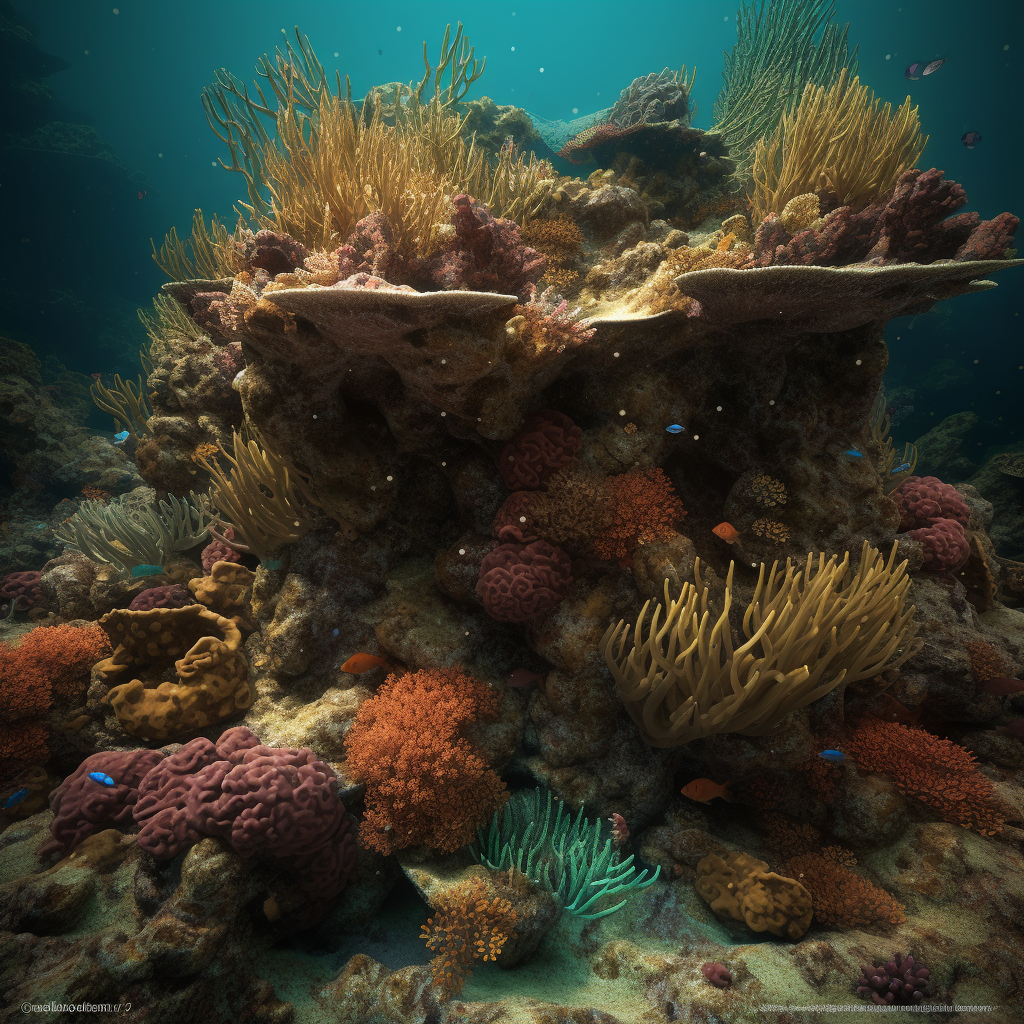July 28, 2023
Unveiling the Deep-Sea Secrets – Remarkable Discovery of Coral Reefs off the Galapagos Islands
Book a Demo
Stuart Banks, a senior marine scientist, along with his team, has made a significant marine discovery during an Atlantis deep-water research expedition. They have uncovered deep-sea coral reefs off the coast of the Galapagos Islands. This discovery came to light after careful examination and collection of samples from this ancient, previously unmapped habitat. The team managed to gather these samples using the submersible’s mechanical arms, a testament to the technological advancements in marine research.
These newly discovered coral reefs lie approximately 1,600 feet below the surface. They are not just an intriguing discovery but also a vital refuge for a myriad of marine ecosystems. Despite the ocean’s depth, these coral reefs are not immune to the threats posed by climate change.
Michelle Taylor, another scientist onboard the research expedition, has taken on the task of studying the collected specimens. Her focus is to understand the impact of climate change on these deep-sea reefs. The findings from her research could be crucial in developing strategies to protect these vulnerable habitats from the dire effects of global warming.
The discovery of the Galapagos reefs is a significant milestone for the global scientific community. Coral reefs play an instrumental role in supporting a variety of marine species. They are the building blocks of the marine ecosystem, and their wellbeing directly impacts the health of the ocean.
The Galapagos Islands, in particular, harbor a resilient coral reef. This reef has survived multiple climate changes and natural disasters, thereby promoting marine biodiversity. The resilience of the Galapagos coral reef is attributed to a unique combination of ocean currents and nutrient-rich waters. These conditions support a diverse range of marine species, further emphasizing the importance of this discovery.
However, despite its resilience, the Galapagos coral reef faces threats from human activities. Climate change, driven largely by human activity, poses a significant threat to these reefs. Additionally, fishing activities can disrupt the delicate balance of the reef’s ecosystem. Thus, it is crucial that measures are taken to mitigate these threats and protect the Galapagos coral reef for future generations.
The discovery of deep-sea coral reefs off the Galapagos Islands is a significant step forward in understanding marine biodiversity. It also highlights the urgent need for global action to protect these fragile ecosystems from the adverse effects of climate change and human activity.



